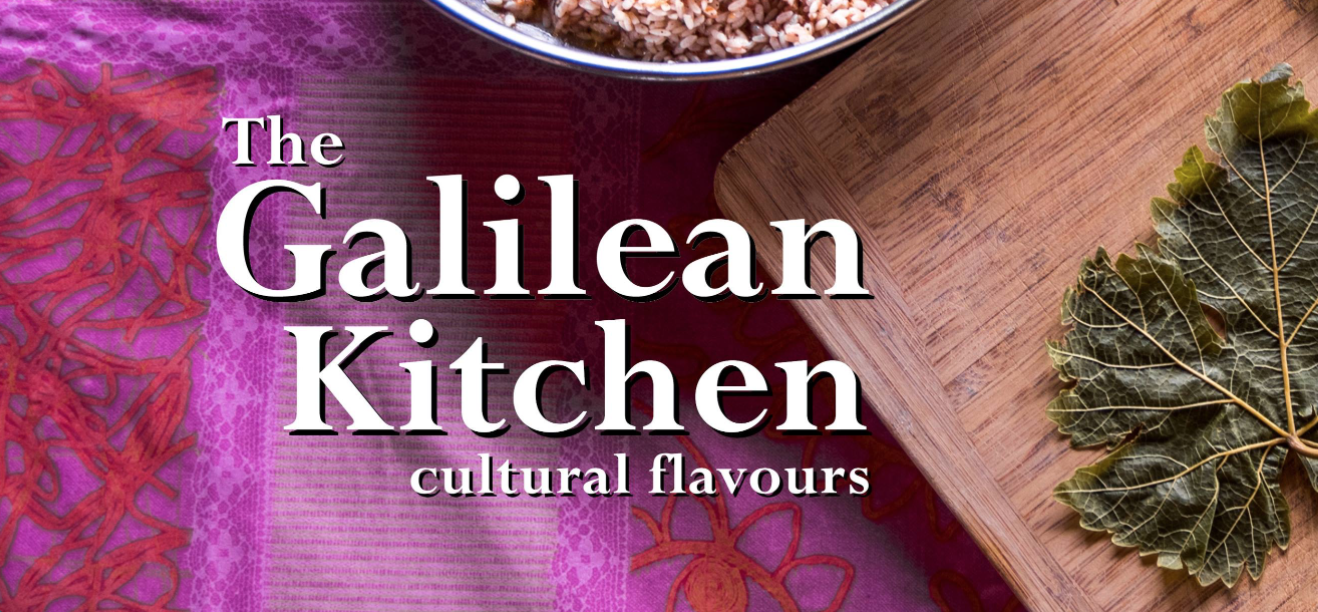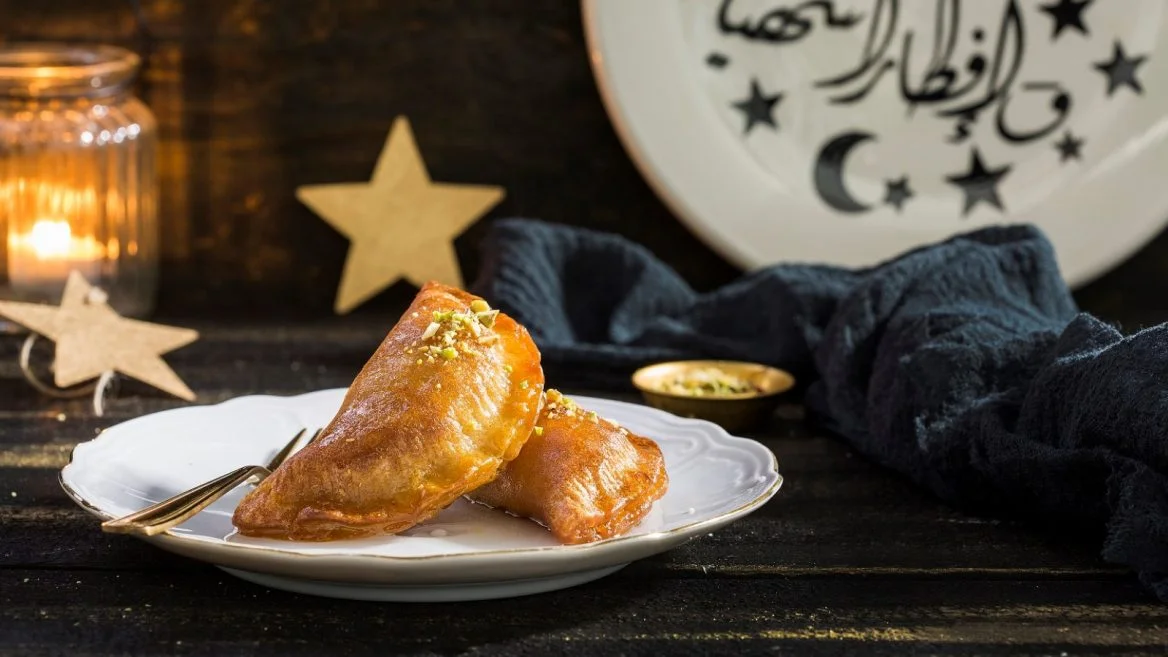By Dov Lieber - February 9, 2018
Originally appeared here in the Times of Israel
Over the past year, the Arabic-language news site Elaph has published an unprecedented series of interviews with senior Israeli officials. The interviewees included the Israeli army’s chief of staff, the previous defense minister, the intelligence minister and the leader of the opposition.
Stoking interest was Elaph’s connections to Saudi Arabia, with many asking whether the interviews are a sign of warming ties between Jerusalem and Riyadh.
The Times of Israel sat down recently with Majdi Halabi, a veteran Israeli reporter who conducted and then wrote up the interviews in a simple question and answer format.
Halabi, 54, who grew up in the Galilean Druze village Daliyat al-Karmel, said the interviews were his idea, and that Elaph’s publisher, Othman Al Omeir, “loved” the initiative.
This was no secret understanding between Riyadh and Jerusalem, said Halabi, but merely a successful story pitch in Elaph’s offices in London.
The idea was simple, Halabi said. “We are a paper that is published in London. We are not subject to the laws of Arab countries, where, except for Egypt and Jordan [which have peace treaties with Israel], it is illegal for journalists to interview official Israeli sources.”
Halabi said that readers of Arabic-language news have always read statements from Israeli leaders through second-hand sources that raise doubts about the authenticity or accuracy of the quotes. Read More




















